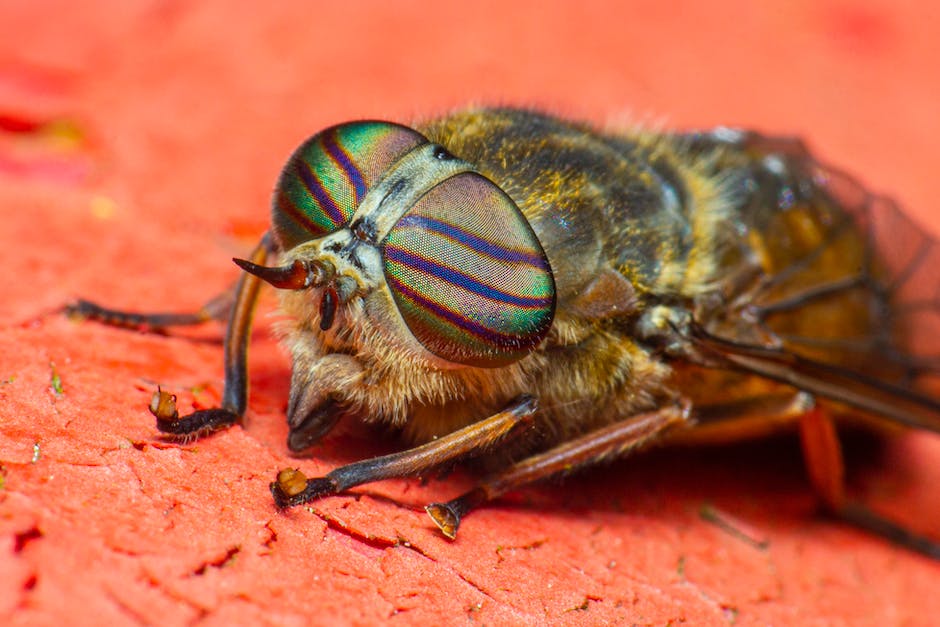
Contents
and Health
Parasite infections can be serious and even dangerous, so it’s important to learn about their symptoms, causes and treatments. Also, understanding the measures that can help you protect yourself from such infections is essential.
What are Parasites?
Parasites are organisms that live on or inside another organism, usually without their host’s knowledge. These parasites feed off the host and can cause infections, irritation and even serious diseases. The most common causes of infection are protozoans and worms, both of which can be found in contaminated food, water and soil. Some parasites can also be acquired through contact with animals or insect bites.
Common Symptoms of Parasite Infection
Infection by a parasite often has mild or even no symptoms. However, there are a few common signs that may indicate you have been infected:
- Diarrhea
- Nausea
- Muscle aches
- Fatigue
- Unexplained weight loss
- Abdominal pain
If you experience any of these symptoms, it is important to consult your doctor right away.
Common Causes of Parasite Infection
Parasite infections are often caused by contact with contaminated food, water and soil. Contaminated food can include anything from fruits and vegetables that have come into contact with fecal matter, to improperly cooked or processed meats.
Water-borne infections are caused by drinking contaminated water. This can be from public water sources, ponds, lakes, rivers and swimming pools. Eating raw fish is also a common cause of infection for some parasites.
Those who travel abroad may be at greater risk of parasite infection due to different standards of food processing, water treatment, and the living conditions in some countries. Sanitary and health regulations vary depending on the country, so it is best to take the necessary measures to protect yourself from such infections when travelling.
Treating Parasite Infections
Treating a parasite infection often involves the use of antibiotics and antiparasitic drugs. Depending on the type and severity of the infection, it is important to finish the full course of medication prescribed by your doctor.
It is also important to improve your hygiene practices and follow a healthy lifestyle. Eating a healthy diet and avoiding contaminated water and food are two of the most effective ways to help prevent parasite infection.
Conclusion
Parasite infections can be serious and sometimes even dangerous, so it’s important to understand the symptoms, causes and treatments of such infections. Prevention is always the best way to protect yourself from such infections and it is important to follow good hygiene practices, eat a healthy diet and avoid contaminated water and food. If you experience any of the symptoms mentioned, consult with your doctor and follow their instructions for the best chance of a successful treatment.
